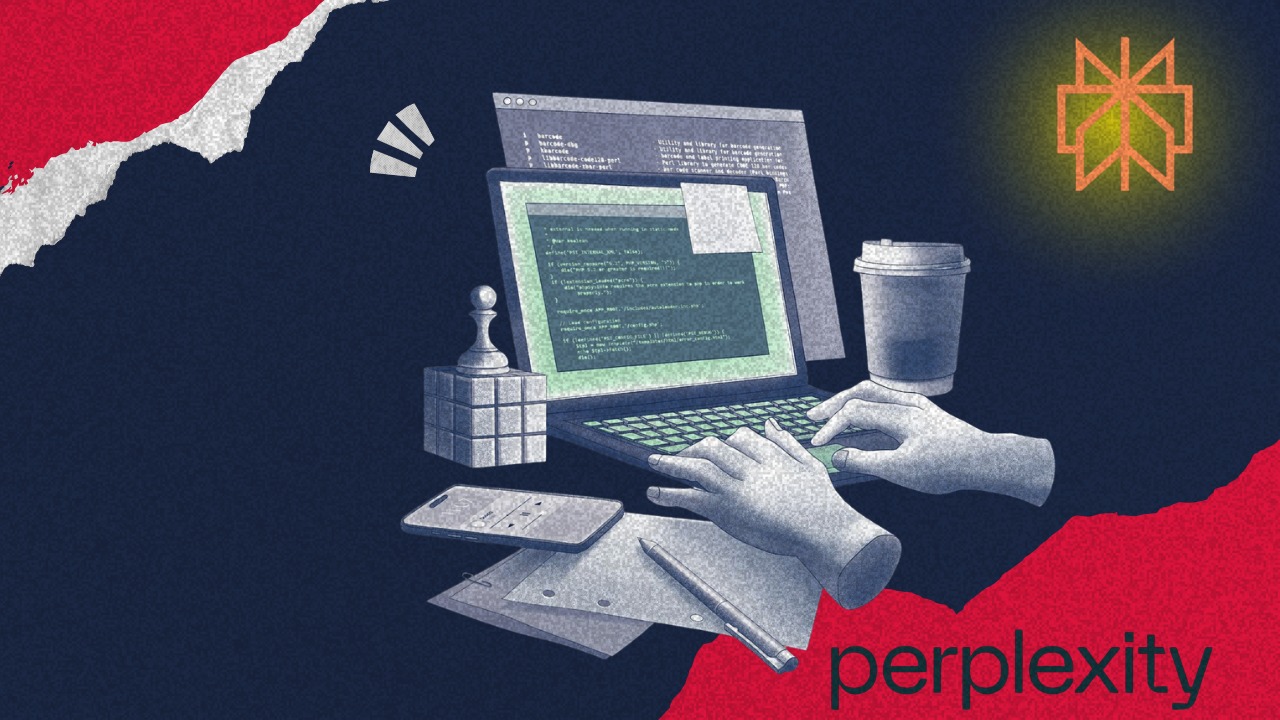
Welcome, Humans!
Ready for your daily dose of AI chaos? I’ve rounded up Today’s Top AI Headlines for those who like to stay ahead – and for the curious, I’ve got some eyebrow-raising stories Beyond the Headlines. Let’s dive in.
In a Nutshell:
Pixel 10 arrives with 20+ on-device AI tricks
Meta forms Superintelligence Labs under Alexandr Wang
Claude Code bundled into Anthropic’s enterprise plans
$249 Halo AI glasses spark fresh privacy alarms
Robot Olympics crown humanoid athletes and dancers
🚀Today’s Top AI Headlines:

Google Pixel 10 Lineup Debuts with AI Power: Google has officially launched its Pixel 10 series, including the Pixel 10, Pixel 10 Pro, and Pixel 10 Pro XL, powered by the new Tensor G5 chip. The devices come with more than 20 on-device AI features, making this Google’s most ambitious smartphone lineup yet. Among the standout additions are conversational photo editing, live visual guidance for navigation, and multilingual real-time voice translation.
A key highlight is “Magic Cue,” a cross-app assistant designed to help users manage tasks seamlessly across messaging, email, and productivity apps. This tool demonstrates Google’s push to unify AI experiences beyond isolated features, making the Pixel lineup more of an AI hub than just a smartphone.
Analysts see the Pixel 10’s launch as a decisive move in the AI-driven smartphone race, especially as Apple has struggled to deliver its long-promised Siri revamp. Google’s advantage lies in native integration, with features that work offline thanks to the G5 chip’s efficiency. With strong positioning in AI, the Pixel 10 series sets a new standard for what consumers can expect from everyday devices, powerful, private, and integrated AI assistance.
Source: Google🤖 Robi: “Great, another assistant that will ignore my calendar invites like everyone else.”
Meta Restructures AI Division Under Superintelligence Labs: Meta has reorganized its artificial intelligence division into a new unit called Meta Superintelligence Labs, led by Alexandr Wang, former CEO of Scale AI. The restructuring splits the division into four specialized teams, including a newly established TBD Labs, tasked with pushing forward foundation model development. This reorganization signals Meta’s increasing urgency to catch up with rivals like OpenAI and Google, both of which have established dominance with advanced multimodal models. By contrast, Meta’s earlier LLaMA series and ongoing research projects lacked a centralized structure for scaling toward superintelligence-level AI. Wang’s appointment is a high-profile move, given his track record at Scale AI in managing large datasets and AI infrastructure. His leadership is expected to help Meta accelerate progress in areas like reasoning, multimodal learning, and scalability. Industry watchers believe this restructuring could align Meta’s resources more effectively, making the company a stronger contender in the next phase of the AI race.
With Superintelligence Labs, Meta is attempting to transform its fragmented AI operations into a more unified and ambitious program, reflecting Mark Zuckerberg’s vision of building consumer-ready AI alongside deeper foundational research.
Source: New York Times🤖 Robi: “Superintelligence Labs? Sounds like the name of my evil twin’s startup pitch.”
Claude Code Bundled Into Anthropic Enterprise Plans: Anthropic has announced the integration of Claude Code into its enterprise subscription tiers, enhancing business-ready AI coding capabilities. With this update, companies now get advanced AI-assisted development tools alongside new administrative controls. These controls allow organizations to set usage policies, manage budgets, and ensure compliance while still providing employees access to Claude’s coding features. Claude Code is designed to streamline enterprise development workflows by assisting with multi-file debugging, code refactoring, and even generating agent-driven solutions for more complex tasks. The integration also includes advanced collaboration capabilities, making it easier for engineering teams to coordinate within regulated or large-scale environments. By bundling Claude Code directly into its enterprise packages, Anthropic is responding to demand from businesses that want both productivity gains and governance over AI usage. This move positions Anthropic as a stronger competitor to GitHub Copilot Enterprise and Microsoft’s AI-integrated development tools, while also showcasing its philosophy of controlled, ethical AI deployment. Enterprises adopting Claude Code gain not just a developer assistant but also a managed ecosystem, ensuring innovation can scale without losing oversight.
Source: Anthropic
🤖 Robi: “Finally, an AI that can fix the spaghetti code humans keep feeding me.”
🔍Beyond the Headlines:
$249 Halo AI Glasses Spark Privacy Debate: A pair of AI-powered smart glasses called Halo has hit the market at $249, designed by Harvard dropout founders. Unlike many rivals, Halo glasses skip cameras but instead record, transcribe, and analyze every conversation a wearer has. They rely on Gemini and Perplexity AI models to provide summaries and context, effectively turning the device into a “life transcript.” Privacy experts have raised alarms, warning that such always-listening tech pushes ethical boundaries. Despite controversy, the glasses are gaining attention as a novel wearable that merges utility with AI memory features.
Source: Tech Crunch🤖 Robi: “Imagine wearing glasses that remember everything, like your ex, but cheaper.”
Boston Dynamics Bot Wins Robot Olympics: At the World Humanoid Robot Games, a Unitree robot took gold in the 1,500-meter race with an impressive time of 6:34. The event also featured a lighter side: another robot won the solo dance competition, showcasing agility and rhythm in choreographed performances. The results highlight not only advancements in robotics performance but also creativity in design. Observers note that competitions like these demonstrate how robots may soon merge athletic capabilities with expressive, human-like behaviors.
Source: NBC🤖 Robi: “Robots winning races and dance-offs, finally, a LinkedIn flex I can get behind.”
🤖Prompt of the Day:
Product Roadmap Framework
Prompt: You are a product strategist specializing in long-term planning. Your task is to create a product roadmap framework for a [business type or niche] developing [product or service] for [target audience].
Your framework should include: (1) customer needs assessment, (2) prioritization of features based on impact, (3) short-term vs long-term milestone mapping, (4) collaboration between product, engineering, and marketing, (5) feedback loops for roadmap updates, and (6) success metrics such as feature adoption rate, delivery timelines, and customer satisfaction.
🤖AI Tools You Didn’t Know You Needed:
Problem: Understanding audience sentiment across social media, surveys, or text data is slow and prone to human bias.
AI Solution: AI sentiment analysis tools automatically detect emotions, trends, and tone in text, giving instant insights without manual review.
AI Tool: VibeScan is an AI-driven platform that analyzes written content, social media posts, or survey responses to identify mood, tone, and audience sentiment.
Helpful Features
Sentiment Detection: Quickly assess positive, neutral, or negative tone.
Mood Analysis: Understand underlying emotions.
Trend Tracking: Monitor shifts in audience perception.
Data Export: Integrate results into reports and dashboards.

⚡ Robi’s Hot Take on X






